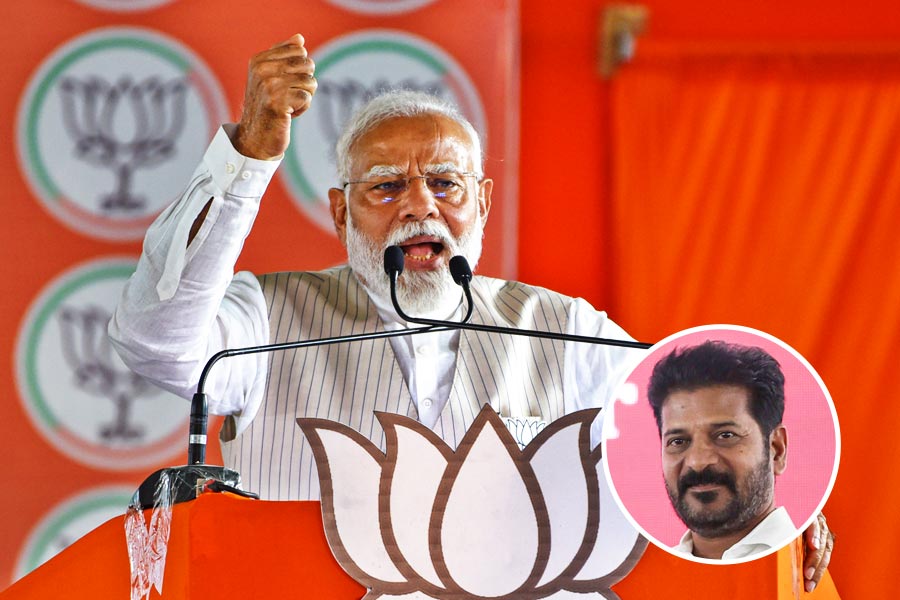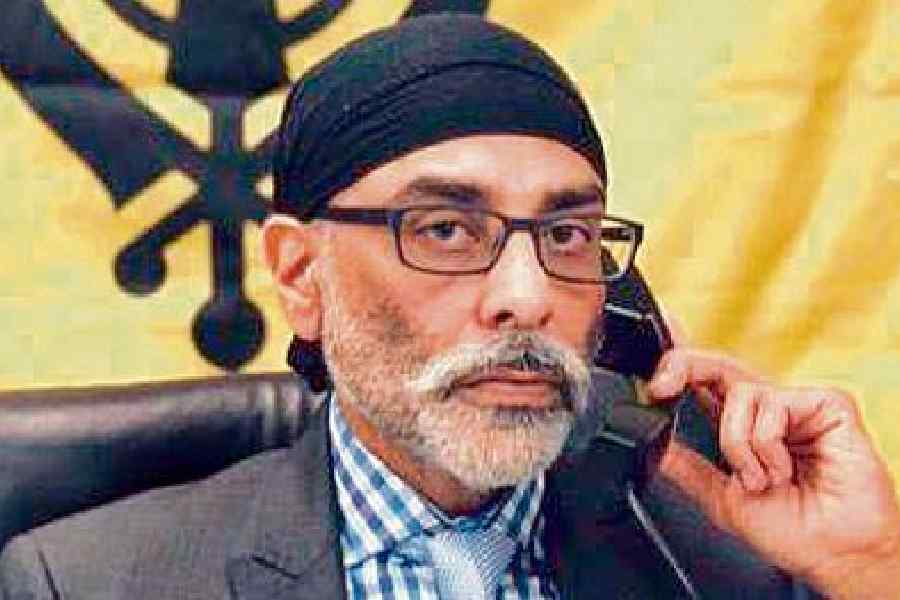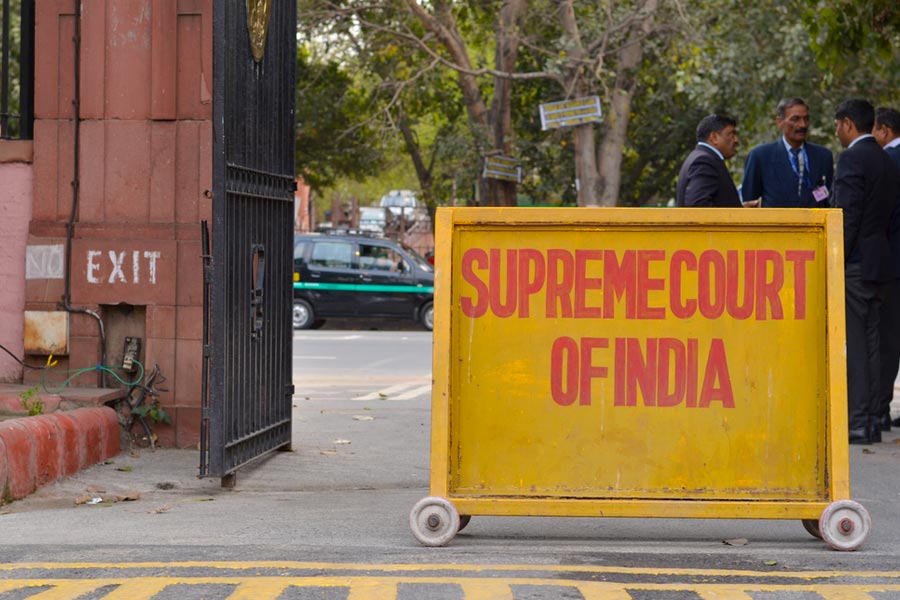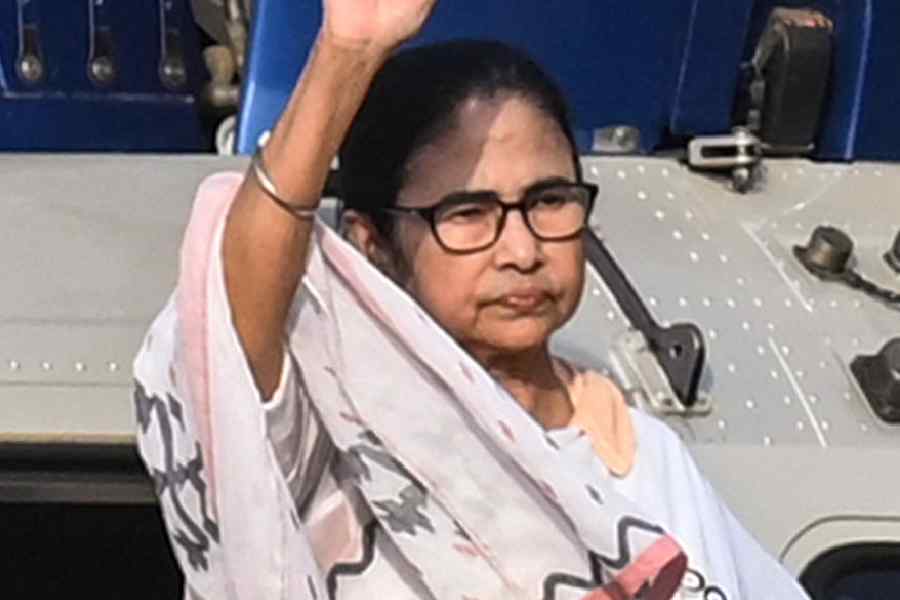Maruti Suzuki chairman R.C. Bhargava has advised the chieftains of India Inc to embrace frugality in the face of the pandemic and “curtail expenditures on themselves”, wading into a controversy that erupted last week when shareholders of two-wheeler maker Eicher Motors rejected a resolution to re-appoint Siddharth Lal as managing director with a substantial increase in his remuneration.
Advising companies to build internal resources, Bhargava said shareholders were no longer prepared to ratify large payouts to top executives. “I think that's a good development for the whole of industry,” Bhargava told shareholders at Maruti Suzuki's annual general meeting that was held virtually.
The Eicher board on Monday decided to approach the shareholders to sanction Lal’s re-appointment with changes in his salary.
Commenting on the learnings from the pandemic, Bhargava said companies which had strong financial reserves, which were generating internal resources and kept reserves were the ones best able to tide over the difficulties created by Covid-19.
Bhargava, who had in the past stated that the high tax regime is slowing down car demand, reiterated the need to address the issue.
“I am quite clear that if a strong industrial base has to be built in India, the auto industry and the car industry has to reach double digit growths and at present the conditions do not permit that we have it,” he said.
The auto industry veteran cited examples of state governments replacing the annual taxation by one time taxation on automobiles “in order to meet the immediate requirements of money”.
This made the cost of acquisition for customers very high, Bhargava said..
“It restricts the ability of people to buy cars and therefore, it restricts the industry,” Bhargava said.
The semiconductor shortage problem faced by the industry is temporary and is expected to be over by 2022. Maruti Suzuki India hasn't had a major impact due to it though its production has been hit partly, Bhargava said.
The country's largest carmaker is also looking at the electric vehicle (EV) space but will enter it only when it is feasible for customers in terms of affordability and also for the company to operate without making a loss.
Bhargava also said Maruti Suzuki India has outlined a capital expenditure plan of Rs 4,500 crore in the ongoing fiscal for its various business purposes but the actual expenditure by the company will be known only at the end of the year.
No EVs for now
Responding to a query on the company’s plans for EVs, he said Maruti Suzuki is the leader in the conventional car industry and the company’s intention is to achieve leadership position in the EV sector .
However, he added that in India, EVs will be able to penetrate in large numbers only when these become affordable. He said the government's focus is now on the electrification of the two-wheeler segment.
In passenger vehicles , a few manufacturers have brought EVs “but the sales volume is very small and it has had no impact on the market share of Maruti Suzuki”, Bhargava said.
On the issue of climate change, zero emission and carbon neutrality, Bhargava asserted that India has to follow its own timelines and not be forced by what the West has set.










